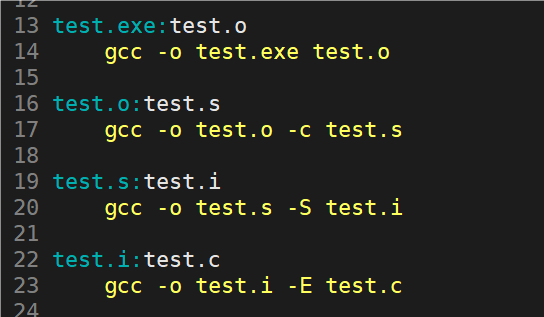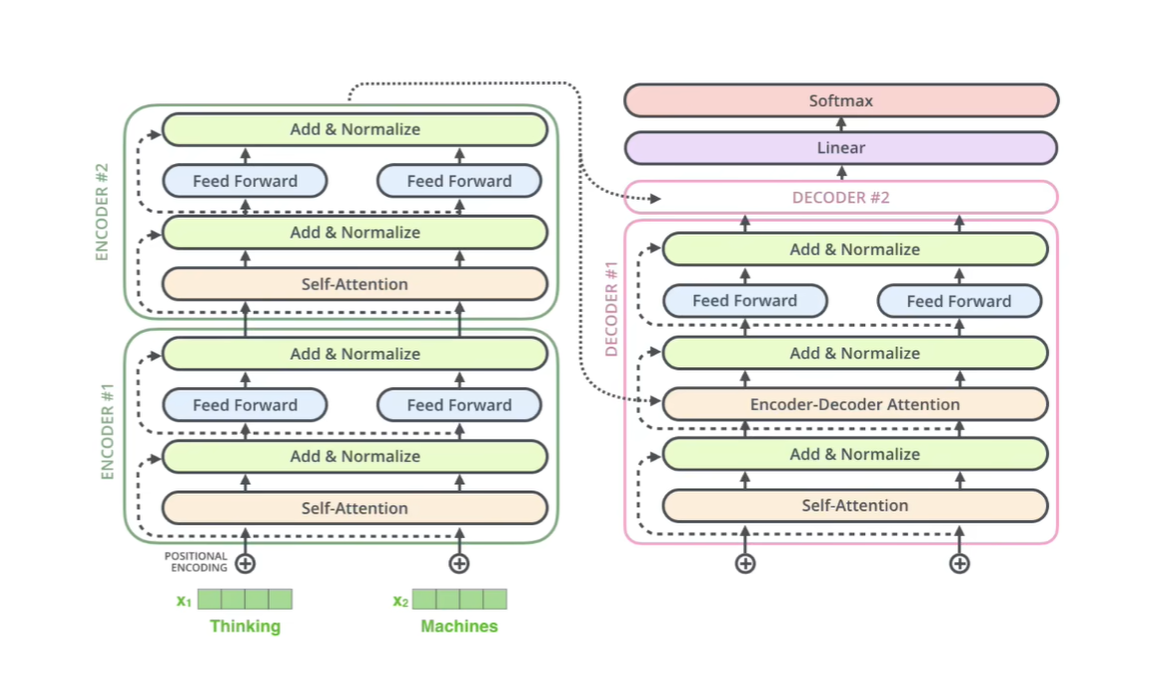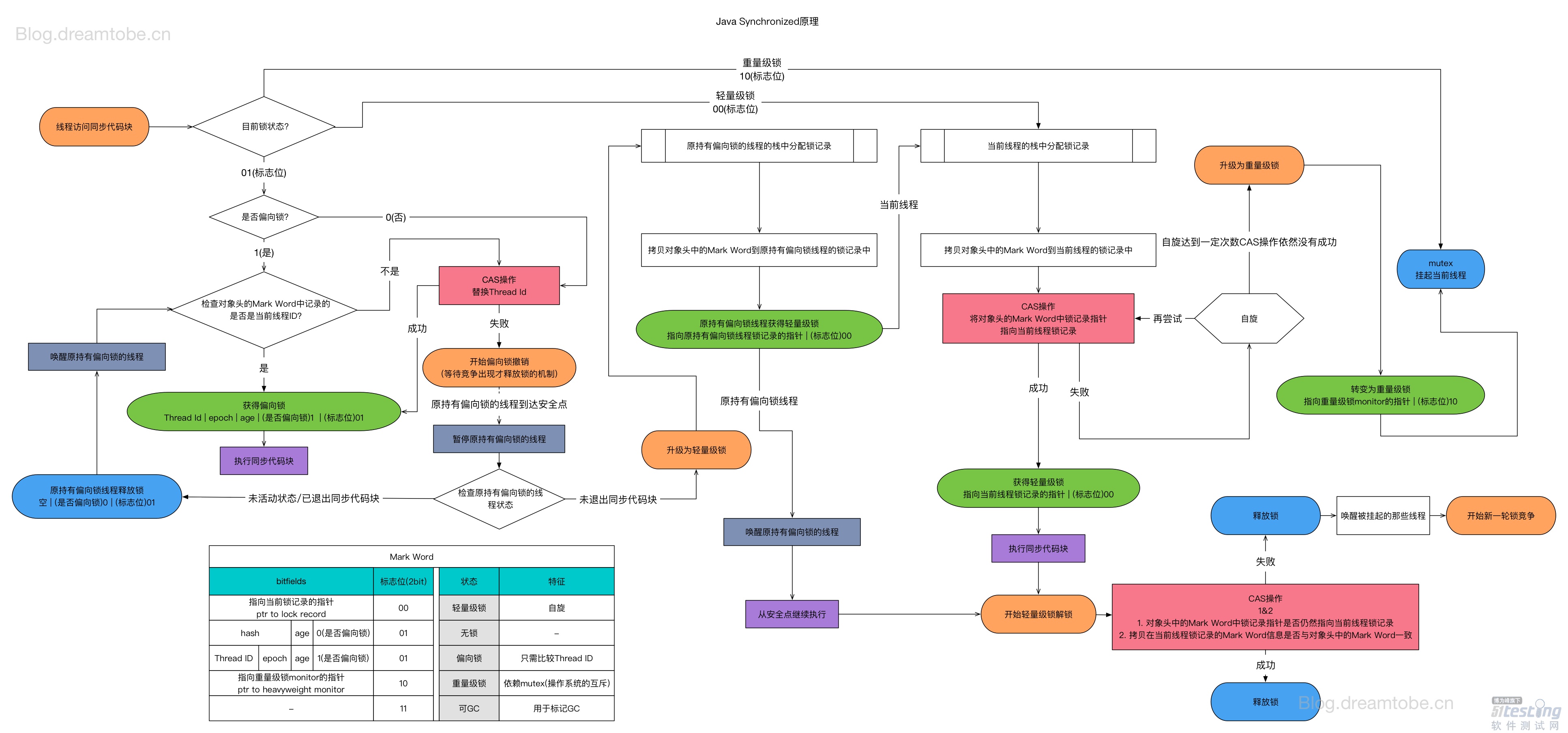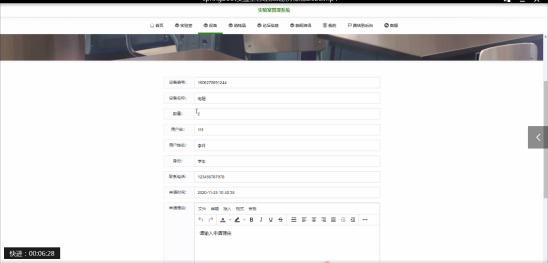目录
- 一、前言
- 二、 定义
- 2.1 @Conditional
- 2.2 Condition
- 2.2.1 ConditionContext
- 三、 使用说明
- 3.1 创建项目
- 3.1.1 导入依赖
- 3.1.2 添加配置信息
- 3.1.3 创建User类
- 3.1.4 创建条件实现类
- 3.1.5 修改启动类
- 3.2 测试
- 3.2.1 当user.enable=false
- 3.2.2 当user.enable=true
- 3.3 小结
- 四、改进
- 4.1 创建注解
- 4.2 修改UserCondition
- 五、 Spring内置条件注解


一、前言
@Conditional注解在Spring4.0中引入,其主要作用就是判断条件是否满足,从而决定是否初始化并向容器注册Bean。
二、 定义
2.1 @Conditional
@Conditional注解定义如下:其内部只有一个参数为Class对象数组,且必须继承自Condition接口,通过重写Condition接口的matches方法来判断是否需要加载Bean
@Target({ElementType.TYPE, ElementType.METHOD})
@Retention(RetentionPolicy.RUNTIME)
@Documented
public @interface Conditional {
Class<? extends Condition>[] value();
}
2.2 Condition
Condition接口定义如下:该接口为一个函数式接口,只有一个matches接口,形参为ConditionContext context, AnnotatedTypeMetadata metadata。ConditionContext定义如2.2.1,AnnotatedTypeMetadata见名知意,就是用来获取注解的元信息的
@FunctionalInterface
public interface Condition {
boolean matches(ConditionContext context, AnnotatedTypeMetadata metadata);
}
2.2.1 ConditionContext
ConditionContext接口定义如下:通过查看源码可以知道,从这个类中可以获取很多有用的信息
public interface ConditionContext {
/**
* 返回Bean定义信息
* Return the {@link BeanDefinitionRegistry} that will hold the bean definition
* should the condition match.
* @throws IllegalStateException if no registry is available (which is unusual:
* only the case with a plain {@link ClassPathScanningCandidateComponentProvider})
*/
BeanDefinitionRegistry getRegistry();
/**
* 返回Bean工厂
* Return the {@link ConfigurableListableBeanFactory} that will hold the bean
* definition should the condition match, or {@code null} if the bean factory is
* not available (or not downcastable to {@code ConfigurableListableBeanFactory}).
*/
@Nullable
ConfigurableListableBeanFactory getBeanFactory();
/**
* 返回环境变量 比如在application.yaml中定义的信息
* Return the {@link Environment} for which the current application is running.
*/
Environment getEnvironment();
/**
* 返回资源加载器
* Return the {@link ResourceLoader} currently being used.
*/
ResourceLoader getResourceLoader();
/**
* 返回类加载器
* Return the {@link ClassLoader} that should be used to load additional classes
* (only {@code null} if even the system ClassLoader isn't accessible).
* @see org.springframework.util.ClassUtils#forName(String, ClassLoader)
*/
@Nullable
ClassLoader getClassLoader();
}
三、 使用说明
通过一个简单的小例子测试一下@Conditional是不是真的能实现Bean的条件化注入。
3.1 创建项目

首先我们创建一个SpringBoot项目
3.1.1 导入依赖
这里我们除了springboot依赖,再添加个lombok依赖
<?xml version="1.0" encoding="UTF-8"?>
<project xmlns="http://maven.apache.org/POM/4.0.0" xmlns:xsi="http://www.w3.org/2001/XMLSchema-instance"
xsi:schemaLocation="http://maven.apache.org/POM/4.0.0 https://maven.apache.org/xsd/maven-4.0.0.xsd">
<modelVersion>4.0.0</modelVersion>
<parent>
<groupId>org.springframework.boot</groupId>
<artifactId>spring-boot-starter-parent</artifactId>
<version>2.5.3</version>
<relativePath/> <!-- lookup parent from repository -->
</parent>
<groupId>com.ldx</groupId>
<artifactId>condition</artifactId>
<version>0.0.1-SNAPSHOT</version>
<name>condition</name>
<description>Demo project for Spring Boot</description>
<properties>
<java.version>1.8</java.version>
</properties>
<dependencies>
<dependency>
<groupId>org.springframework.boot</groupId>
<artifactId>spring-boot-starter</artifactId>
</dependency>
<dependency>
<groupId>org.projectlombok</groupId>
<artifactId>lombok</artifactId>
<version>1.18.12</version>
</dependency>
</dependencies>
<build>
<plugins>
<plugin>
<groupId>org.springframework.boot</groupId>
<artifactId>spring-boot-maven-plugin</artifactId>
</plugin>
</plugins>
</build>
</project>
3.1.2 添加配置信息
在application.yaml 中加入配置信息
user:
enable: false
3.1.3 创建User类
package com.ldx.condition;
import lombok.AllArgsConstructor;
import lombok.Data;
/**
* 用户信息
* @author ludangxin
* @date 2021/8/1
*/
@Data
@AllArgsConstructor
public class User {
private String name;
private Integer age;
}
3.1.4 创建条件实现类
package com.ldx.condition;
import org.springframework.context.annotation.Condition;
import org.springframework.context.annotation.ConditionContext;
import org.springframework.core.env.Environment;
import org.springframework.core.type.AnnotatedTypeMetadata;
/**
* 用户bean条件判断
* @author ludangxin
* @date 2021/8/1
*/
public class UserCondition implements Condition {
@Override
public boolean matches(ConditionContext conditionContext, AnnotatedTypeMetadata annotatedTypeMetadata) {
Environment environment = conditionContext.getEnvironment();
// 获取property user.enable
String property = environment.getProperty("user.enable");
// 如果user.enable的值等于true 那么返回值为true,反之为false
return "true".equals(property);
}
}
3.1.5 修改启动类
package com.ldx.condition;
import lombok.extern.slf4j.Slf4j;
import org.springframework.boot.SpringApplication;
import org.springframework.boot.autoconfigure.SpringBootApplication;
import org.springframework.context.ConfigurableApplicationContext;
import org.springframework.context.annotation.Bean;
import org.springframework.context.annotation.Conditional;
@Slf4j
@SpringBootApplication
public class ConditionApplication {
public static void main(String[] args) {
ConfigurableApplicationContext applicationContext = SpringApplication.run(ConditionApplication.class, args);
// 获取类型为User类的Bean
User user = applicationContext.getBean(User.class);
log.info("user bean === {}", user);
}
/**
* 注入User类型的Bean
*/
@Bean
@Conditional(UserCondition.class)
public User getUser(){
return new User("张三",18);
}
}
3.2 测试
3.2.1 当user.enable=false
报错找不到可用的User类型的Bean
. ____ _ __ _ _
/\\ / ___'_ __ _ _(_)_ __ __ _ \ \ \ \
( ( )\___ | '_ | '_| | '_ \/ _` | \ \ \ \
\\/ ___)| |_)| | | | | || (_| | ) ) ) )
' |____| .__|_| |_|_| |_\__, | / / / /
=========|_|==============|___/=/_/_/_/
:: Spring Boot :: (v2.5.3)
Exception in thread "main" org.springframework.beans.factory.NoSuchBeanDefinitionException: No qualifying bean of type 'com.ldx.condition.User' available
at org.springframework.beans.factory.support.DefaultListableBeanFactory.getBean(DefaultListableBeanFactory.java:351)
at org.springframework.beans.factory.support.DefaultListableBeanFactory.getBean(DefaultListableBeanFactory.java:342)
at org.springframework.context.support.AbstractApplicationContext.getBean(AbstractApplicationContext.java:1172)
at com.ldx.condition.ConditionApplication.main(ConditionApplication.java:16)
Process finished with exit code 1
3.2.2 当user.enable=true
正常输出UserBean实例信息
. ____ _ __ _ _
/\\ / ___'_ __ _ _(_)_ __ __ _ \ \ \ \
( ( )\___ | '_ | '_| | '_ \/ _` | \ \ \ \
\\/ ___)| |_)| | | | | || (_| | ) ) ) )
' |____| .__|_| |_|_| |_\__, | / / / /
=========|_|==============|___/=/_/_/_/
:: Spring Boot :: (v2.5.3)
com.ldx.condition.ConditionApplication : user bean === User(name=张三, age=18)
3.3 小结
上面的例子通过使用@Conditional和Condition接口,实现了spring bean的条件化注入。
好处:
-
可以实现某些配置的开关功能,如上面的例子,我们可以将UserBean换成开启缓存的配置,当property的值为true时,我们才开启缓存的配置
-
当有多个同名的bean时,如何抉择的问题。
-
实现自动化的装载。如判断当前classpath中有mysql的驱动类时(说明我们当前的系统需要使用mysql),我们就自动的读取application.yaml中的mysql配置,实现自动装载;当没有驱动时,就不加载。
四、改进
从上面的使用说明中我们了解到了条件注解的大概使用方法,但是代码中还是有很多硬编码的问题。比如:UserCondition中的property的key包括value都是硬编码,其实我们可以通过再扩展一个注解来实现动态的判断和绑定。
4.1 创建注解
import org.springframework.context.annotation.Conditional;
import java.lang.annotation.*;
/**
* 自定义条件属性注解
* <p>
* 当配置的property name对应的值 与设置的 value值相等时,则注入bean
* @author ludangxin
* @date 2021/8/1
*/
@Target({ElementType.TYPE, ElementType.METHOD})
@Retention(RetentionPolicy.RUNTIME)
@Documented
// 指定condition的实现类
@Conditional({UserCondition.class})
public @interface MyConditionOnProperty {
// 配置信息的key
String name();
// 配置信息key对应的值
String value();
}
4.2 修改UserCondition
package com.ldx.condition;
import org.springframework.context.annotation.Condition;
import org.springframework.context.annotation.ConditionContext;
import org.springframework.core.env.Environment;
import org.springframework.core.type.AnnotatedTypeMetadata;
import java.util.Map;
/**
* 用户bean条件判断
* @author ludangxin
* @date 2021/8/1
*/
public class UserCondition implements Condition {
@Override
public boolean matches(ConditionContext conditionContext, AnnotatedTypeMetadata annotatedTypeMetadata) {
Environment environment = conditionContext.getEnvironment();
// 获取自定义的注解
Map<String, Object> annotationAttributes = annotatedTypeMetadata.getAnnotationAttributes("com.ldx.condition.MyConditionOnProperty");
// 获取在注解中指定的name的property的值 如:user.enable的值
String property = environment.getProperty(annotationAttributes.get("name").toString());
// 获取预期的值
String value = annotationAttributes.get("value").toString();
return value.equals(property);
}
}
测试后,结果符合预期。
其实在spring中已经内置了许多常用的条件注解,其中我们刚实现的就在内置的注解中已经实现了,如下。
五、 Spring内置条件注解
注解 说明
- @ConditionalOnSingleCandidate 当给定类型的bean存在并且指定为Primary的给定类型存在时,返回true
- @ConditionalOnMissingBean 当给定的类型、类名、注解、昵称在beanFactory中不存在时返回true.各类型间是or的关系
- @ConditionalOnBean 与上面相反,要求bean存
- @ConditionalOnMissingClass 当给定的类名在类路径上不存在时返回true,各类型间是and的关系
- @ConditionalOnClass 与上面相反,要求类存在
- @ConditionalOnCloudPlatform 当所配置的CloudPlatform为激活时返回true
- @ConditionalOnExpression spel表达式执行为true
- @ConditionalOnJava 运行时的java版本号是否包含给定的版本号.如果包含,返回匹配,否则,返回不匹配
- @ConditionalOnProperty 要求配置属性匹配条件 @ConditionalOnJndi 给定的jndi的Location必须存在一个.否则,返回不匹配
- @ConditionalOnNotWebApplication web环境不存在时
- @ConditionalOnWebApplication web环境存在时
- @ConditionalOnResource 要求制定的资源存在











![[Linux]:环境变量与进程地址空间](https://img-blog.csdnimg.cn/img_convert/1a5c9abd46ac7af93e5dbe7e0180b970.jpeg)







